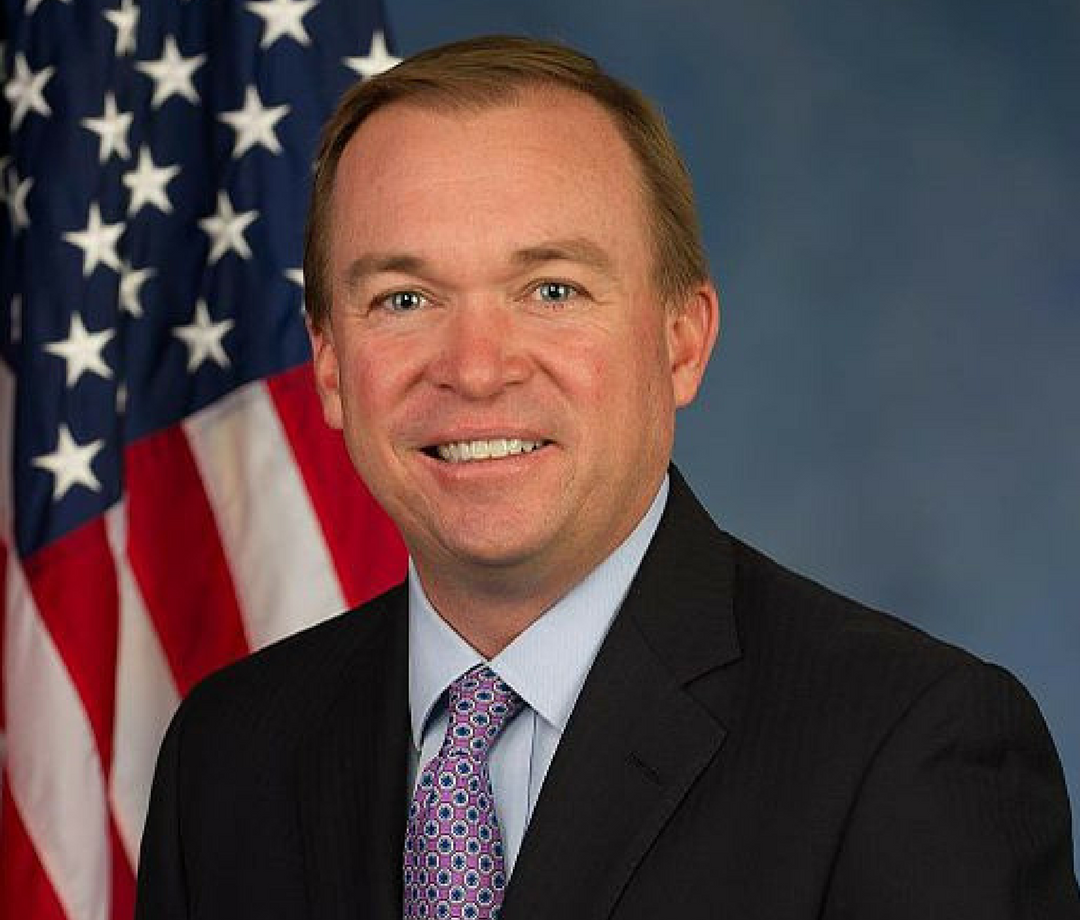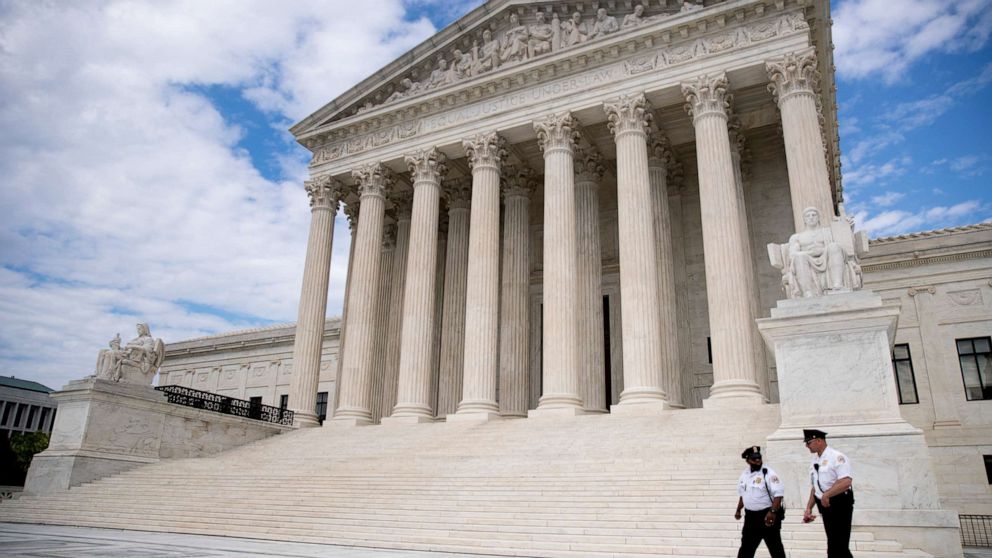The Mulvaney Moment

Dr. Oran Smith
When I first met Mick Mulvaney over a decade ago, he was a successful businessman in York County considering a first time run for public office. He had come to Columbia to visit with me about an idea he wanted to turn into legislation should he be elected to the General Assembly.
I knew that day that Mick had the intellect for rising to the top…and to the top he has gone.
After serving in the SC House for two years and as a member of the SC Senate for two more, he was elected to Congress. The big stage of Washington led him to The White House, where he is now Director of the Office of Management & Budget (OMB).
Earlier this week, Mick had the task of explaining to the Washington press corps—as a group at a news conference and then individually on various talk shows—some of the basic principles of the Constitution and how those principles should be worked out in legislating, both in policy and in budgeting.
Our favorite Mulvaney Moments from the rollout of his first budget are here and here.
What Director Mulvaney championed so well in these clips is what Palmetto Promise Institute has been advocating since its first day of existence: a return to frugality and federalism in federal policy.
As Mick touches on in the videos, the Affordable Care Act (ACA or Obamacare) expanded Medicaid beyond a program for those who desperately need a safety net—the poorest of the poor, the disabled, pregnant women, women with small children, children and frail elderly—to a group not in those extremely vulnerable positions—the able bodied and less poor. Not only that, Obamacare attempted to force states, all states, into going along with Medicaid expansion both legally and fiscally by dangling an enormous pot of matching funds that made expansion nearly impossible to resist.
For the original Medicaid program, the Federal Medicaid Assistance Percentage (FMAP) match for FY2018 for South Carolina is 71.58%. That means Washington pays 71.58 percent and South Carolina taxpayers cover the rest. In original Medicaid, poor states (South Carolina is fourth poorest) pay a lower percentage, richer states pay a higher percentage. But for the Obamacare expanded Medicaid population for FY2018, the feds pay a whopping 95%.
The American Healthcare Act (AHCA) as passed by the US House of Representatives and the federal budget presented by Mick Mulvaney takes steps toward unwinding Obamacare and begins to restore a frugal and federalist approach to Medicaid.
Here are just a few ways that is accomplished.
*In the AHCA and in the Mulvaney budget, states are given flexibility to construct Medicaid programs that match their own individual priorities. For example, until January 1, 2020, the 31 states and DC that have chosen to expand Medicaid will still have an expanded Medicaid program if they so choose, and they will receive the higher FMAP for that population. But after that date, there would be no more expansion population enrollees reimbursed and there would no longer be unfair preferential treatment in the federal match rate for the Obamacare expanded, able-bodied Medicaid population. The standard Medicaid match would apply to all enrollees. Washington would pare back its spending while states wishing to cover more of their citizens will have the ability to do so with funds of their own.
*Also in 2020, according to the AHCA, Medicaid would be capped on a per enrollee basis rather than on a medical expense basis, providing much greater flexibility to states to run their own individual programs and rein in costs.
***
Earlier this week (May 23) South Carolina celebrated ratifying the Constitution and becoming the eighth state in 1788. Surely the signers of that document would be encouraged by the work of our own Mick Mulvaney to restore the frugality and federalism they worked so hard to build into our founding Charter.
As for the AHCA, the US Senate will get a crack at drafting its own bill in the coming days. We will provide a more in-depth analysis of the Senate version as it develops, but so far, the AHCA and the Mulvaney budget are taking a principled approach. Both proposals cut federal spending, lower taxes, allow for a balanced budget and best of all, restore a modicum of federalism at a time we need it most.




